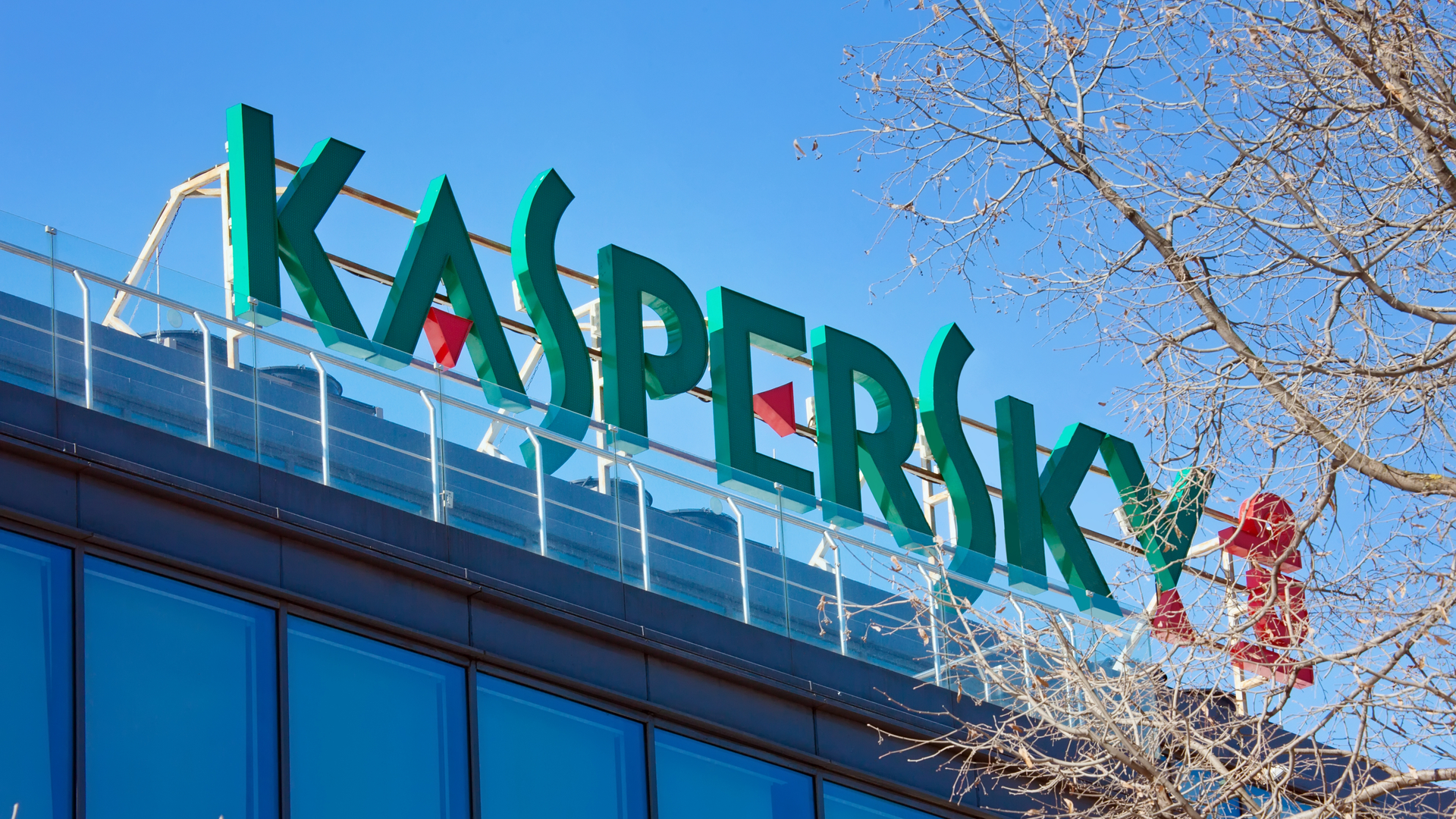Kaspersky rolls out major upgrade on its VPN service
Improved performances for all Secure Connection VPN users

You've probably heard about Kaspersky as the security firm behind one of the best antivirus software around.
However, it actually offers a wide range of cybersecurity tools like its very own VPN service. And, the good news is that Kaspersky Secure Connection VPN has just been revamped with a major upgrade.
From faster speeds to new and improved functionalities, it appears that great attention was given to its performance across the board. Below, we're running down everything you need to know.
Kaspersky #VPN Secure Connection just got bigger and better. 💪We're accelerating time and expanding space with speed above industry standard. Don't miss out 👉 https://t.co/uJIhis9XO8 pic.twitter.com/UlGwVqK43lOctober 19, 2022
Boost in VPN performance
"As people continue to work from home and spend more time online, an increased importance is placed on keeping their data private as well as securing connected home devices,” said Kaspersky's Vice President Product Marketing Marina Titova to Dark Reading. “To support consumers with their needs, we’ve invested a lot into the improvement of our Kaspersky VPN."
Titova said that following this major update users can now enjoy a 200% increase of VPN tunnel power, compared to the one delivered in 2020. Developers especially paid attention to connection speeds, making these up to three times faster.
As users' proximity to servers is a huge factor that impacts speeds, there are now 90 locations across 72 regions for users to choose from.

Kaspersky also wanted to better accommodate different people's needs. For this reason, it adds some useful additional features into its Secure Connection VPN offering.
Like the best VPNs on the market, Kaspersky's users can now opt out certain traffic from the VPN tunnel with its split tunneling option. This is really useful when you use services that block foreign IP addresses, like your online bank app. The feature is already available for both its Windows VPN and Android VPN, coming by the end of the month for its Mac VPN version.
Another interesting new functionality recommends servers for certain uses. Specifically, the VPN now has a Streaming Mode and Torrenting Mode.
Finally, Kaspersky VPN Secure Connection can directly be installed on your home Wi-Fi router using the built-in OpenVPN client. This means that all your devices will be automatically connected to it, even those that don't support VPNs natively (like your gaming console, for example).
In terms of the ongoing concerns with security and transparency, the provider also told TechRadar that an independent audit is underway "which provides the infrastructure and implementation of the protocol." The date of release is yet to be confirmed, though.
Can you trust Kaspersky?
When you are thinking of a secure VPN, Kaspersky may not be the first name that comes to mind. Despite a great track record in efficiently protecting people's devices from viruses and malware, its antivirus tools have often been questioned - especially in recent months.
Kaspersky is indeed a Russian company founded by Eugen Kaspersky in 1997. It still has its headquarters in Moscow, but it's now describing itself as a global cybersecurity firm.
Although some concerns have already been raised in the past, it was following the Ukraine invasion that a number of governments started banning the use of its products and/or warning of the potential risk that the Kremlin could exploit such software.
In March, the US Federal Communications Commission added Kaspersky to its infamous list of companies threatening national security alongside the likes of Huawei and ZTE. However, government employees have been barred from using their software since 2017.
Even the EU Parliament voted to ban Kaspersky tools in 2018, although admitting that no evidence of any malicious activities could be proved. And, since the start of the conflict, many more European countries have either banned or simply warned against the potential implications of using Kaspersky products, inviting their citizens to switch providers. These include the UK, Germany, Italy and Lithuania.
Kaspersky firmly denies all accusations and any ties with the Kremlin, arguing that these allegations are simply politically motivated. What's more, no governments could back such claims with hard evidence of any wrongdoings.
Are Kaspersky's tools safe to be used, then? Not a straight answer. We have already seen how governments' concerns were mainly based on potential risks, rather than proven dangers. It's also reassuring that Kaspersky's holding is registered in the UK and its data processing infrastructure physically based in the privacy haven Switzerland.
At the same time, it is also true that there are many other similar or even better cybersecurity software on the market to choose from. So, at the end, it's up to you and how much you trust a provider with your data.

Sign up to the TechRadar Pro newsletter to get all the top news, opinion, features and guidance your business needs to succeed!

Chiara is a multimedia journalist committed to covering stories to help promote the rights and denounce the abuses of the digital side of life – wherever cybersecurity, markets, and politics tangle up. She believes an open, uncensored, and private internet is a basic human need and wants to use her knowledge of VPNs to help readers take back control. She writes news, interviews, and analysis on data privacy, online censorship, digital rights, tech policies, and security software, with a special focus on VPNs, for TechRadar and TechRadar Pro. Got a story, tip-off, or something tech-interesting to say? Reach out to chiara.castro@futurenet.com